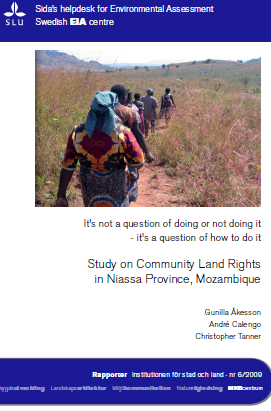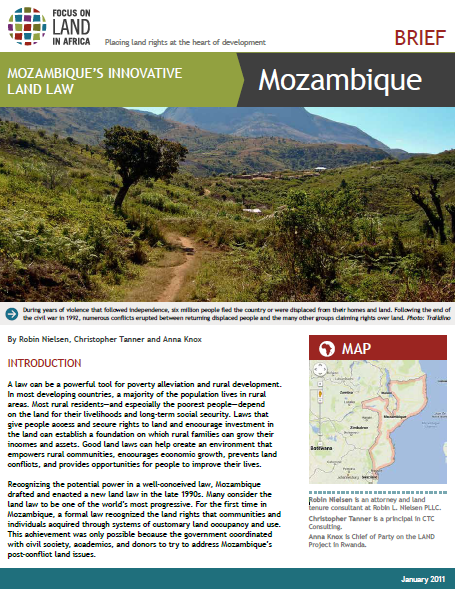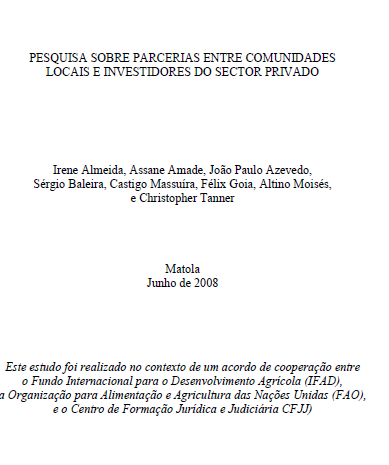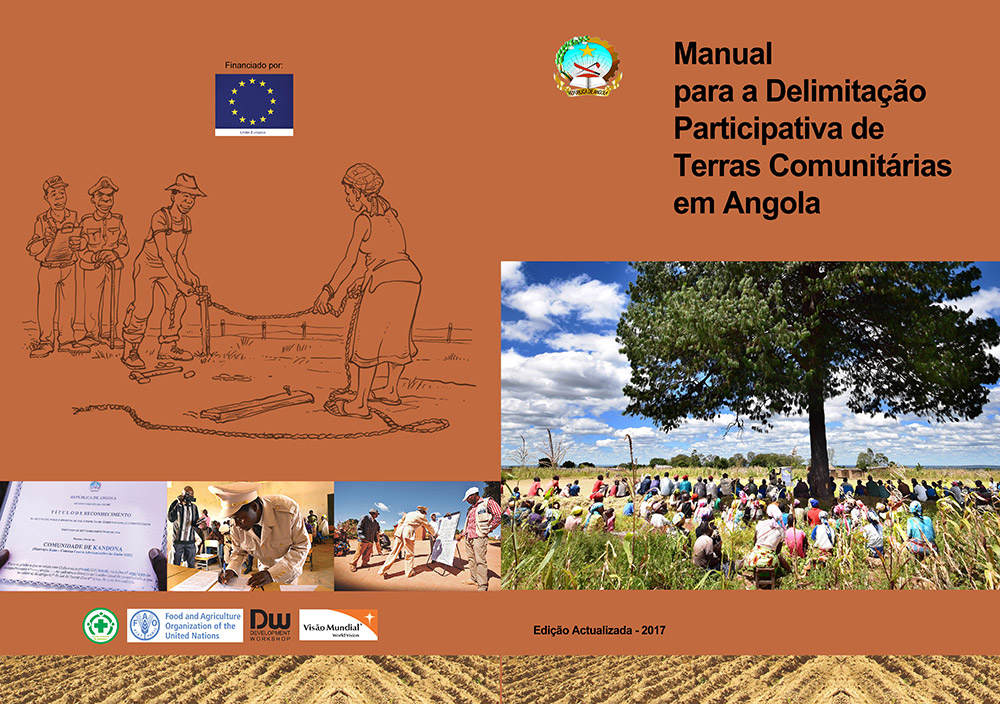LAND GRABBING AND ITS EFFECTS ON THE COMMUNITIES IN THE OIL RICH ALBERTINE REGION OF UGANDA
This report is in relation to a study on the Land Tenure and Livelihood Issues in the Albertine Graben Region. The study was carried out in three districts of Amuru Buliisa and Hoima. The study specifically focused on tenurial arrangements and land transactions in the region. The ultimate outcome of this study will be drawing of policy issues for policy engagement and dialogue towards a comprehensive policy direction to land governance in the Albertine Graben.









